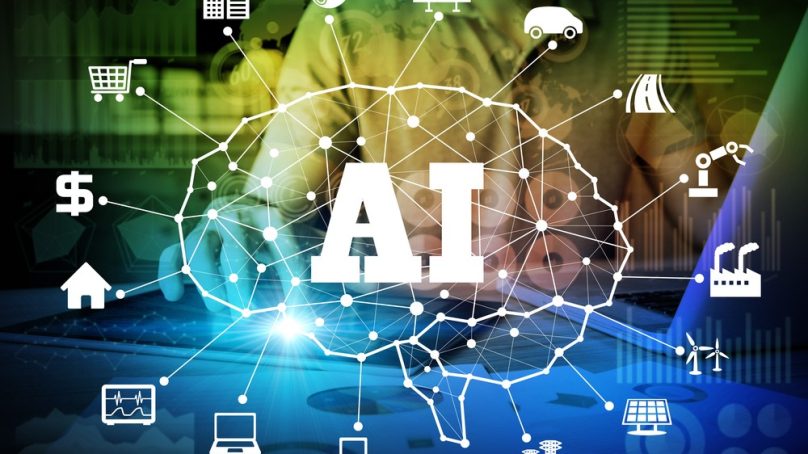

Leadership in transition: navigating AI’s impact on experience
Many hotel chains have already embraced AI, integrating it into functions like revenue optimization, guest personalization and recruitment. As AI continues to evolve, it will be interesting to see how general managers adapt to this new reality. The increasing automation of hotel operations raises the question of how aspiring general managers will gain hands-on departmental experience. In the past, this experience was gained directly, but now it may be handled by machines. These questions remain uncertain.
Coordinating the digital tsunami: AI leadership roles in hospitality
General managers must be future ready like never before, and their leadership skills will need integration with fast-paced technology. Thirty years ago, the position of director of IT or IT manager didn’t even exist. I predict that in 2025, we will see the first directors of AI at the corporate level. According to my research, AI is currently being driven in hospitality at the corporate level through existing function heads in major chains. However, industries like healthcare (Novartis, Sanofi, Pfizer), automotive (Tesla, Ford, BMW), and media (Disney, Netflix, Warner Bros.) have already appointed Chief/VP/Head of AI roles. Will the hospitality industry follow suit in 2025?
The exponential growth line: from slow simmer to rapid boil
In the past, with each new wave of change from electric to digital, the hospitality industry had to adapt and adjust. Technological changes in hotels didn’t impact everyone simultaneously, with some developments taking years to implement. I recall the introduction of the NCR electronic billing system and a few years later, the first computerized property management system. Later, it was a back-office system, followed by an energy management system in a new property. Often, years passed between the implementation of different technologies; however, with agentic AI, it has shifted from steady growth to exponential growth. This rapid change poses significant challenges. So, what does this mean for selecting core leadership behaviors for future general managers? What leadership competencies will they need?
Five essential leadership competencies evolving with technology
Future-ready agility:
Being able to respond quickly and effectively in such a fast-paced environment is crucial to ensuring the business remains future-proof. While staying ahead of the competition on the AI curve is essential, it’s not solely about AI. Remember the pandemic and the financial crash? Yes, we live in a VUCA world, and leaders must pivot even faster. They must possess both the financial and business acumen necessary to gain an advantage in a competitive market. The future will arrive faster than ever. (Finance may need to reconsider “The Five-Year Plan”!)
Driving execution:
Managing the process of change is going to be key. It’s not just the implementation of the new technology and how to ensure all the training needed. It is how the workforce responds, learns, reacts and how the customer responds, appreciates and interacts. Furthermore, general managers will be on the front line dealing with fast-paced changes at an alarming rate. Therefore, he will need to be competent at making sound and timely decisions.
Digital fluency:
General managers must be comfortable with data-driven decision-making and understand how to use AI to their advantage. Thus, grasping the basics is essential and quickly embracing new technology is equally crucial for success. Furthermore, general managers who leverage AI will stay on the curve, if not ahead of it, in their decision-making. For example, consider applications like revenue optimization, cost management, predictive maintenance and streamlined check-ins, among others. As an aside, staying up to date is vital.
Purpose-driven leadership:
Despite the rapid pace of technological advancements and their applications in the industry, customers still expect hotel operators to lead with purpose. However, hotel operators and general managers must operate responsibly, reduce environmental impact and support local communities at the property level. Furthermore, this sense of purpose can foster loyalty and trust among guests. While not everything is AI-driven, AI will undoubtedly play a significant role in supporting these efforts in the coming years. In fact, someone is already thinking about or working on solutions to integrate AI into these areas.
People-centric leadership:
AI will certainly take on more people-facing roles, such as interviewing recruits, delivering packages and anticipating guest needs, among others. However, the hospitality sector remains a people business and that personal connection remains the foundation of great service. While AI will handle more transactional tasks, I believe the human touch will only grow more important, especially in upscale hotels. Furthermore, it is key to nurture emotional intelligence, communicate effectively and be culturally aware. In addition, inspiring teams and above all, showing empathy are key leadership traits that will endure despite AI advancements.
For department heads aiming to step into senior executive roles, I would summarize by saying that guest satisfaction, financial acumen, business development, and operational knowledge remain critical. However, the future will require leaders who act quickly, are digitally fluent, purpose-driven, flexible, and emotionally intelligent.
Final note: Stay up to date daily by researching and learning how YOU can become the great leader you want your GM to be! We live in the information age – take full advantage of it.

Mark Timbrell,
Leadership coach and MP UK
phimanagement.com
@phi.management













